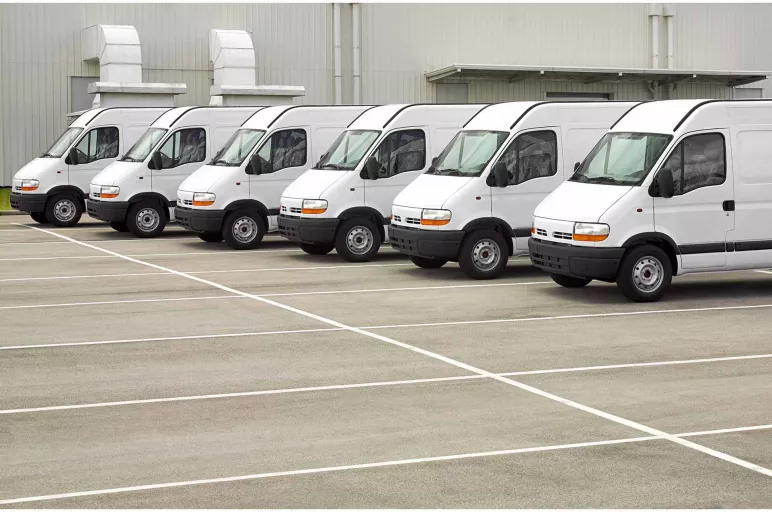
How Technology is Changing the Face of Fleet Management
October 12, 2016 | Professional Services
Technology is one of those phenomena that has rewritten traditional modes of business across various walks of life, and corporate fleet management remains no different. The advent of advanced technologies such as telematics, fleet management software and electric vehicles has slowly but surely started altering the demographics of this market.
For instance, telematics systems are estimated to be installed in 75% of vehicles that came out of production lines in North America this year, classifying them as “connected cars.” This emphasizes the point that data is generated everywhere, and efforts are being made to make it actionable for effective fleet management decisions. Masternaut, a leading telematics solution provider, recently partnered with Sygic to combine telematics and route navigation technology into a fleet management solution. Integration of Sygic with Masternaut’s telematics solution will be capable of creating pre-planned routes with turn-by-turn offline voice guided navigation. This allows fleets to digitize and preload maps and routes, making it easier to share with all drivers and send via wireless to vehicles.
Audi of America, in conjunction with Traffic Technology Services (TTS), is planning to launch the first V2I technology called Traffic Light Information that will be incorporated in Audi Q7, A4 allroad® models this fall. As cars receive real-time signal information from an advanced traffic management system that monitors traffic lights, this technology will help improve traffic flow in municipalities and reduce commuting time. The advantages are plenty.
Another trend gaining popularity among end users is the adoption of plug-in vehicles. More fleet management firms are adding electrical plug-in hybrid model cars as part of their fleet. In the UK, 72% of the cars registered for fleet management businesses were plug-in cars, including July’s registrations with more than 15,000 units – a 45% increase as compared to last year. These companies are positioned to benefit from the fuel and tax savings that electric vehicles offer, and help do their part in minimizing impacts on the environment. In the US, buyers of plug-in hybrids and electric cars benefit from a tax credit of $2,500 to $7,500, depending on the size of the car battery. In the UK, buyers receive a grant of 35% on the cost of the car, up to £2,500 or £4,500 depending on the model type.
With IoT and connected cars anticipated to revolutionize the space of telematics, it is predicted there will be at least a quarter billion connected vehicles by 2020. With one in five cars with wireless networks, data sharing across devices becomes more realistic. Advancements in Machine to Machine (M2M) technologies is also expected to improve the quality of data relayed.
These triggers, arising from technological advancements, will certainly find their way into corporate fleet policies as fleet managers focus on savings, efficiency and lowering their overall impact on the environment.



